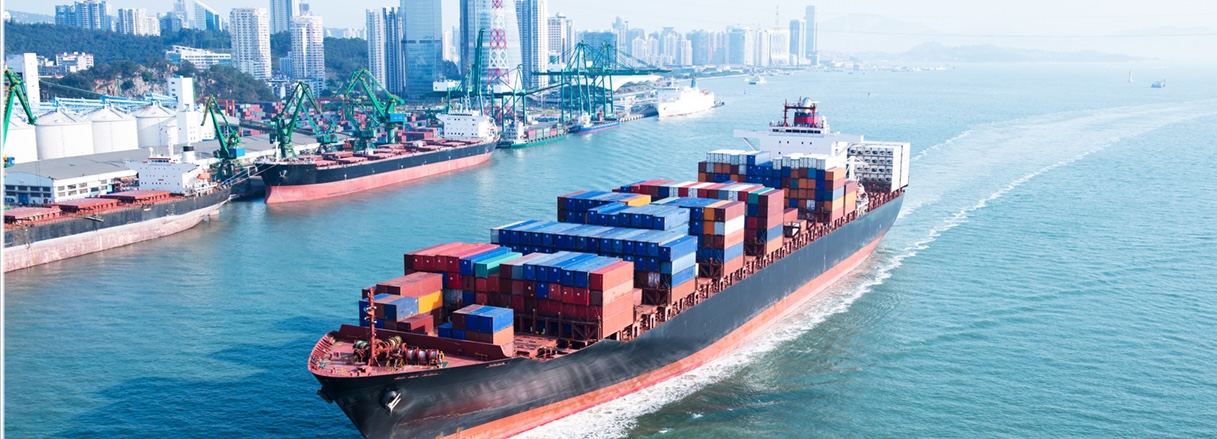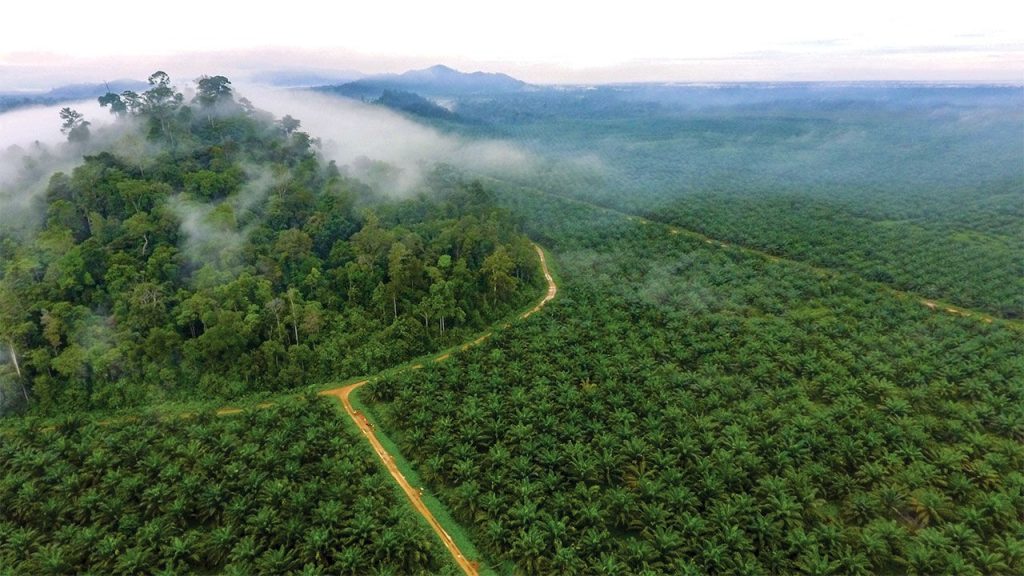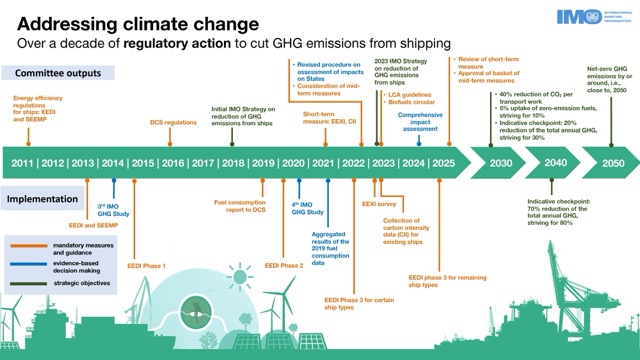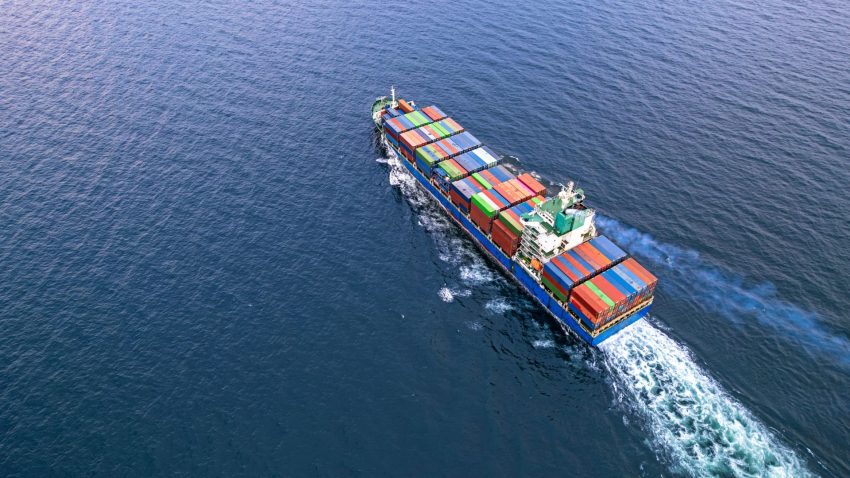As the global shipping industry faces increasing pressure to reduce its carbon footprint, major players like Hapag-Lloyd, Hoegh Autoliners, and Louis Dreyfus are calling on the International Maritime Organization (IMO) to exclude crop-based biofuels from its list of sustainable fuel alternatives. Their concerns center on the environmental risks tied to these fuels, including deforestation, water scarcity, and threats to global food security.
This challenge which are supported by the shipping association Netherlands Association of International Maritime Business (NABU) and the climate advocacy group Transport & Environment (T&E), coincides with shipping companies’ increased adoption of lower-emission biofuels to comply with stricter regulatory requirements. However, the industry is now struggling with doubts about the long-term sustainability of these biofuels.

In an open letter to the IMO ahead of its 18th Working Group on Greenhouse Gases, the groups emphasized the need for legally binding rules to prevent unsustainable biofuel use. The letter noted that the EU has already excluded food-based biofuels from its FuelEU Maritime regulation, urging the IMO to follow suit.
While some biofuels can reduce greenhouse gas (GHG) emissions, most are derived from food crops, leading to deforestation and other environmental issues. For example, palm oil and soy production have destroyed carbon-rich ecosystems like forests and peatlands.
Despite growing biofuel adoption by carriers like Maersk and CMA CGM, usage remains low, accounting for only a small fraction of annual shipping volumes. Industry leaders admit biofuels are a temporary fix and won’t meet the IMO’s 2030 target of cutting CO2 emissions by 20% to 30%.
The Hidden Costs of Biofuels
The letter highlighted the unintended consequences of biofuel policies. When the EU promoted biofuels in 2009, palm oil-based biofuel use doubled, but 45% of palm oil expansion came at the expense of forests and peatlands, increasing carbon emissions. A study by Cerulogy, commissioned by T&E, found that palm and soy oil could make up two-thirds of shipping biodiesel by 2030 due to their low cost. However, when deforestation is factored in, these fuels emit two to three times more carbon than traditional shipping fuels.

By 2030, T&E estimates that 34 million hectares of farmland—equivalent to Germany’s size—would be needed to meet shipping’s biofuel demand, raising concerns about land use and food production.
Sustainable Alternatives and the Path Forward
The debate over biofuels extends beyond shipping. China, the largest producer of used cooking oil biofuel, exports most of its supply to power trucks in the US and Europe. Airlines are also increasing their use of sustainable aviation fuel (SAF) made from biofuels.
The International Maritime Organization (IMO)’s working group explores pathways to net-zero emissions. The discussions are focusing on a range of solutions, including carbon pricing, fuel efficiency standards, and new technologies for cleaner marine fuels. The group’s recommendations will be presented at the IMO’s Marine Environment Protection Committee (MEPC) meeting in April 2025, where critical mid-term measures, such as a global carbon pricing mechanism, will be voted on.

A Call for Truly Sustainable Solutions
The shipping industry’s call for a reevaluation of crop-based biofuels underscores the complexity of transitioning to sustainable energy sources. While biofuels may offer short-term benefits, their long-term environmental and social costs cannot be ignored. As the industry navigates this transition, it must prioritize solutions that truly align with global climate goals without compromising ecosystems or food security.
By addressing these challenges head-on, the shipping industry can play a pivotal role in achieving a sustainable future—one that balances environmental responsibility with the need for global trade and economic growth.
What are your thoughts about these sustainability initiatives? Do you anchor the sustainability in your supply chain strategy? Please share your comments…
References
- Biofuel not the answer to shipping decarbonization: carriers https://www.joc.com/article/biofuel-not-the-answer-to-shipping-decarbonization-carriers-5945801
- IMO’s work to cut GHG emissions from ships. https://www.imo.org/en/MediaCentre/HotTopics/Pages/Cutting-GHG-emissions.aspx

1 thought on “Rethinking Crop-Based Biofuels Over Environmental Risks”